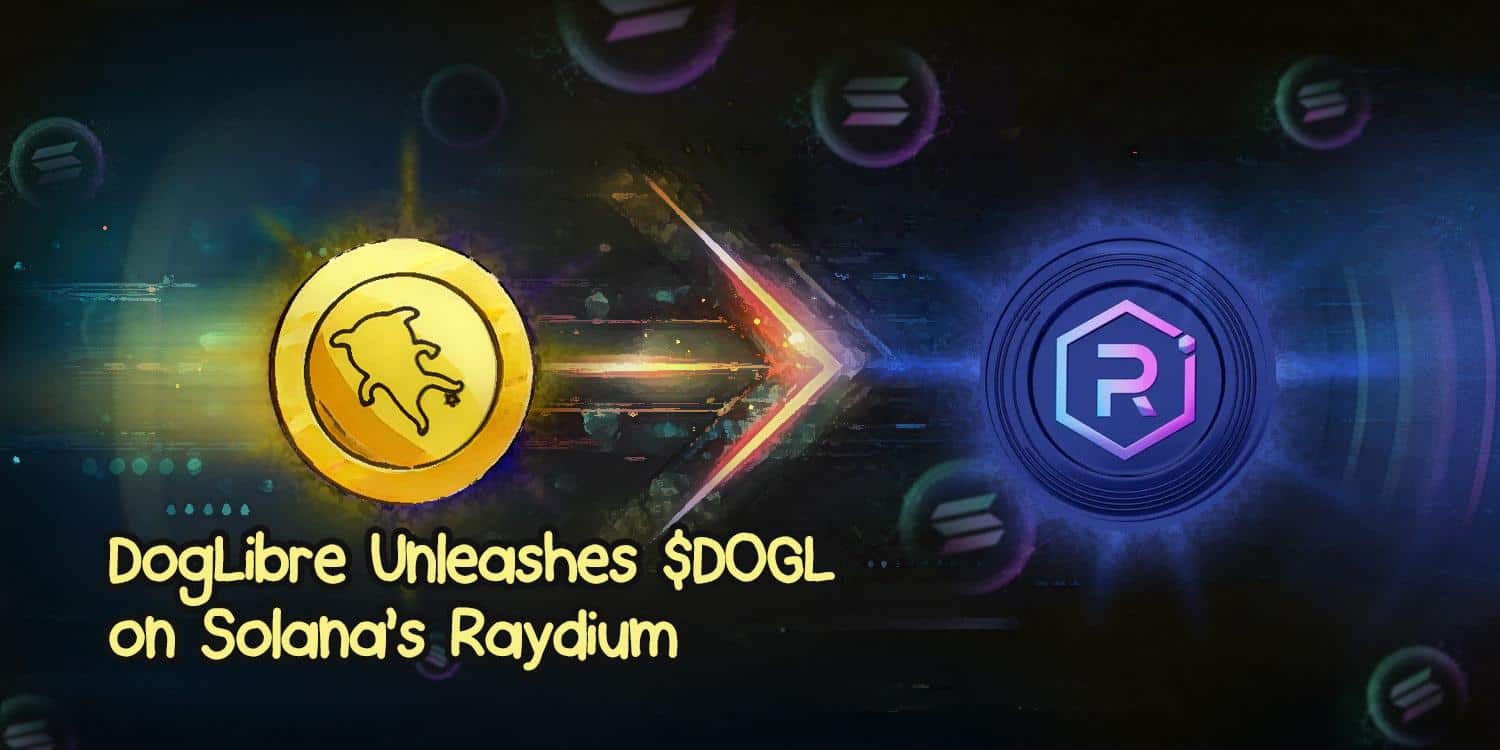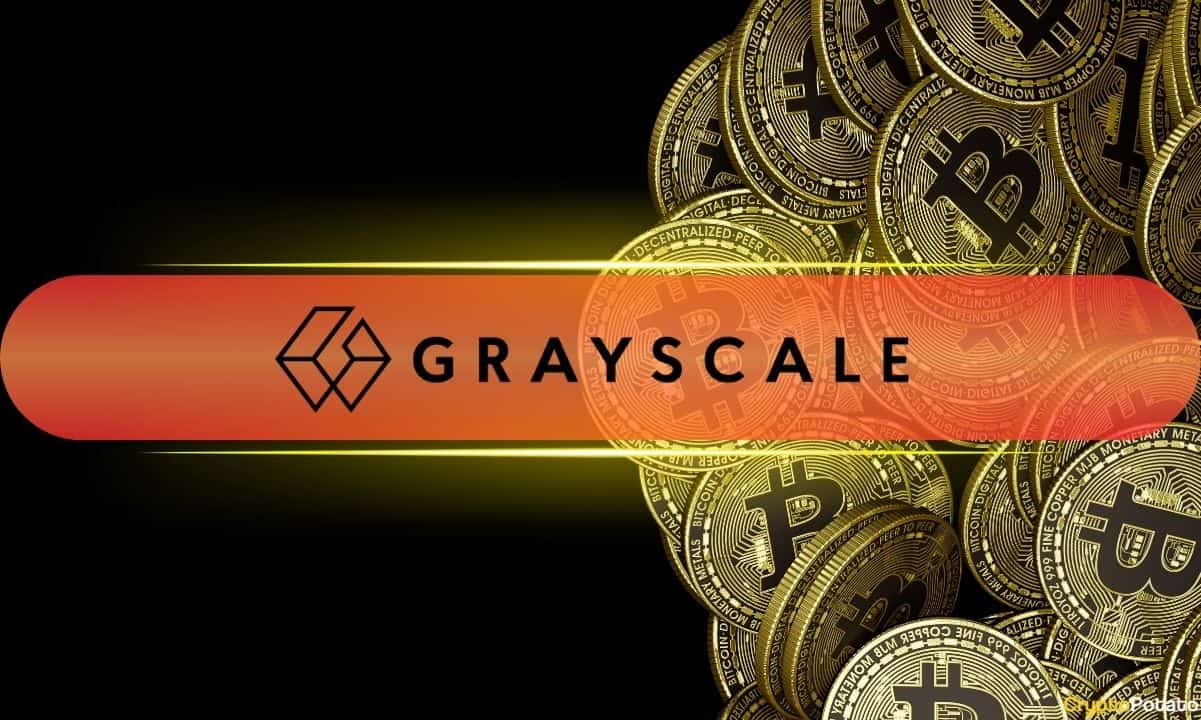UK Police Form Partnership with Gowling WLG for Digital Asset Recovery

TLDR
- City of London Police partnered with law firm Gowling WLG for a civil asset recovery program for fraud victims
- The partnership follows a successful pilot recovering £2 million for an elderly woman with Alzheimer’s who was defrauded in a crypto scam
- UK police recently recovered £520,000 in digital assets for an 80-year-old man using the amended Proceeds of Crime Act 2002
- UK’s legal framework for digital asset recovery is expanding with the Economic Crime Act and pending Property Bill
- Digital asset recovery is becoming more feasible due to blockchain’s traceability features and specialized recovery services
The City of London Police has launched a civil asset recovery program in partnership with international law firm Gowling WLG to help victims of digital asset fraud recover their stolen funds. The initiative comes after a successful pilot project that recovered more than £2 million for an elderly woman with Alzheimer’s who had fallen victim to a cryptocurrency scam.
The partnership aims to coordinate efforts between private and public sectors to investigate and recover money lost to fraud, especially in cases where criminal prosecution isn’t possible. This includes situations involving anonymous or pseudonymous crypto-criminals who are difficult to identify or prosecute.
Bríd Holden, Gowling Director, expressed hope that the collaboration would “change the landscape and encourage more victims to report fraud.” Holden noted that £570 million was lost to fraud in the UK in the first half of 2024 alone. For comparison, blockchain analysis firm Chainalysis reported that digital asset scams received at least $9.9 billion globally in 2024.
Legal Framework Strengthens Recovery Efforts
In March, UK police and specialist lawyers recovered over £520,000 in digital assets that had been stolen from an 80-year-old man. This marked the first case using the recently amended Proceeds of Crime Act 2002 (POCA), which allows courts to issue restraining orders that help authorities retrieve digital assets directly from exchanges and wallet providers.
The UK began laying the groundwork for this type of recovery in April 2024 when the Economic Crime and Corporate Transparency Act 2023 came into force. This legislation expanded law enforcement powers regarding digital asset-related crime.
The Act extended the confiscation and civil recovery regime to include digital assets. It gave law enforcement agencies authority to seize, store, and potentially sell or destroy digital assets during investigations. It also required exchanges and custodian services to cooperate with authorities by providing access to relevant transaction information.
Further legal support is expected with the likely passage of the Property (Digital Assets etc) Bill. This legislation would create a new category of personal property for digital assets and NFTs in the UK. It would officially recognize digital assets as property under law, with all the protections that classification provides.
The bill was introduced in September 2024 and is currently under review in the House of Lords.
Recovery Services on the Rise
Digital asset recovery, once considered nearly impossible, is becoming increasingly common. Some experts now argue that recovering digital assets can be easier than recovering physical assets thanks to blockchain’s inherent features of immutability and traceability.
Many services and firms now specialize in digital asset recovery. Token Recovery, which launched its end-to-end recovery service last June, claims to retrieve digital assets from all networks, making its services “chain agnostic.”
These specialized firms combine expertise in blockchain investigations with legal knowledge and analysis of blockchain protocols. Their goal is to trace, freeze, and ultimately recover lost and stolen assets.
Detective Chief Inspector Craig Mullish of the City of London Police highlighted the importance of this work: “As a victim of fraud, you can feel helpless and that you have to shoulder the often heavy financial burden of losing money at the hands of criminals… This trial with Gowling WLG is an positive initiative, which we hope will provide a clear process for victims in helping them take back what is owed to them.”
The team at Gowling WLG that handled the successful pilot project was led by Dispute Resolution Group Practice Leader Davinia Gransbury, Director Bríd Holden, and Associate Rachel Argyle. They investigated the claim for the elderly victim who lost more than £2 million in a cryptocurrency scheme scam.
Research by the City of London Police showed that civil asset recovery agents play a vital role when criminal investigations aren’t possible. They not only help victims recover losses but also enable greater focus on targeting organized crime groups and strengthening the UK’s defenses against fraud.
With favorable laws and collaboration between authorities, legal experts, and specialized recovery services, the future of digital asset recovery appears more promising than ever before.
The Gowling WLG partnership with City of London Police continues the trend of increased cooperation between private and public stakeholders in the fight against digital asset fraud.
What's Your Reaction?
 Like
0
Like
0
 Dislike
0
Dislike
0
 Love
0
Love
0
 Funny
0
Funny
0
 Angry
0
Angry
0
 Sad
0
Sad
0
 Wow
0
Wow
0






:quality(85):upscale()/2024/03/20/750/n/1922153/a7ff00ad65fb165103fe34.98615619_.jpg)
:quality(85):upscale()/2025/04/10/677/n/3019466/aaf426dd67f7e07c65e9b0.27880207_.jpg)























